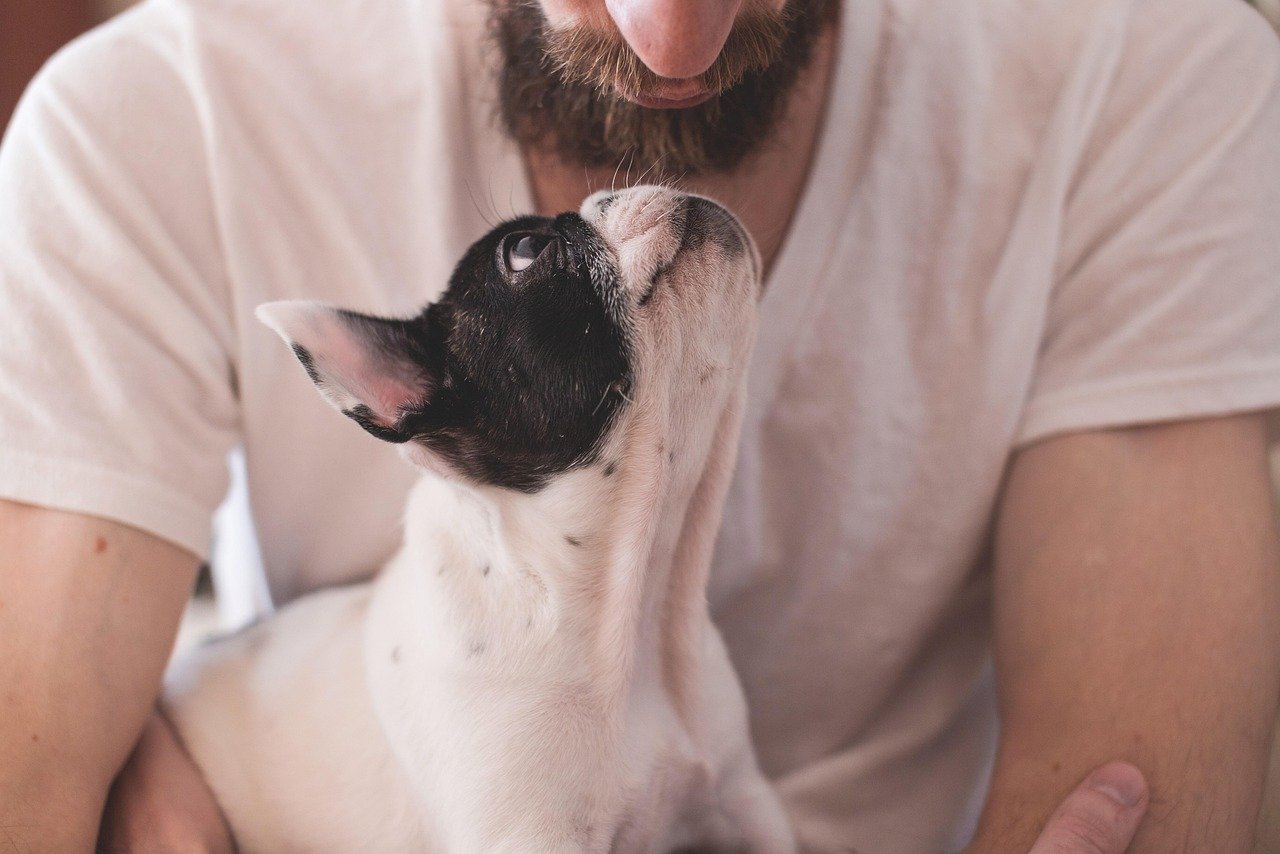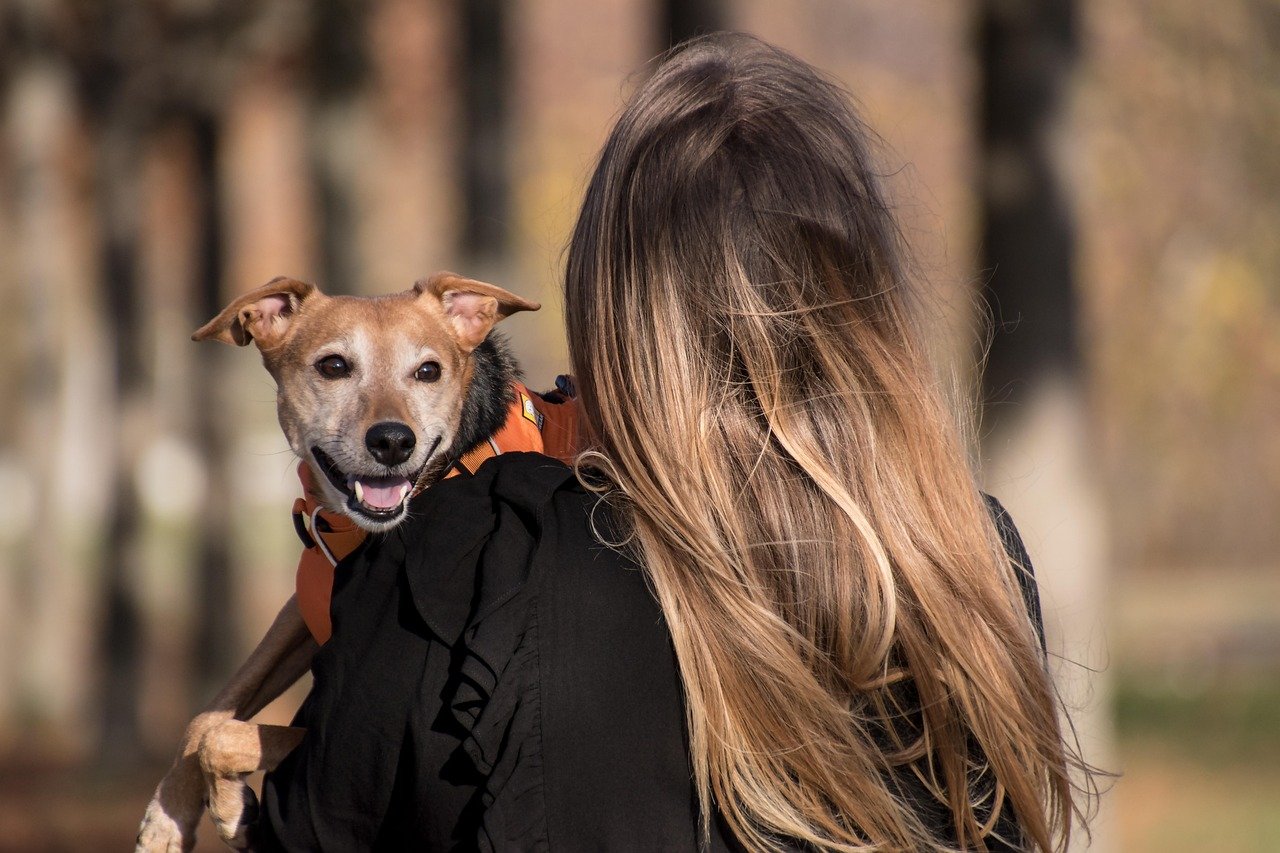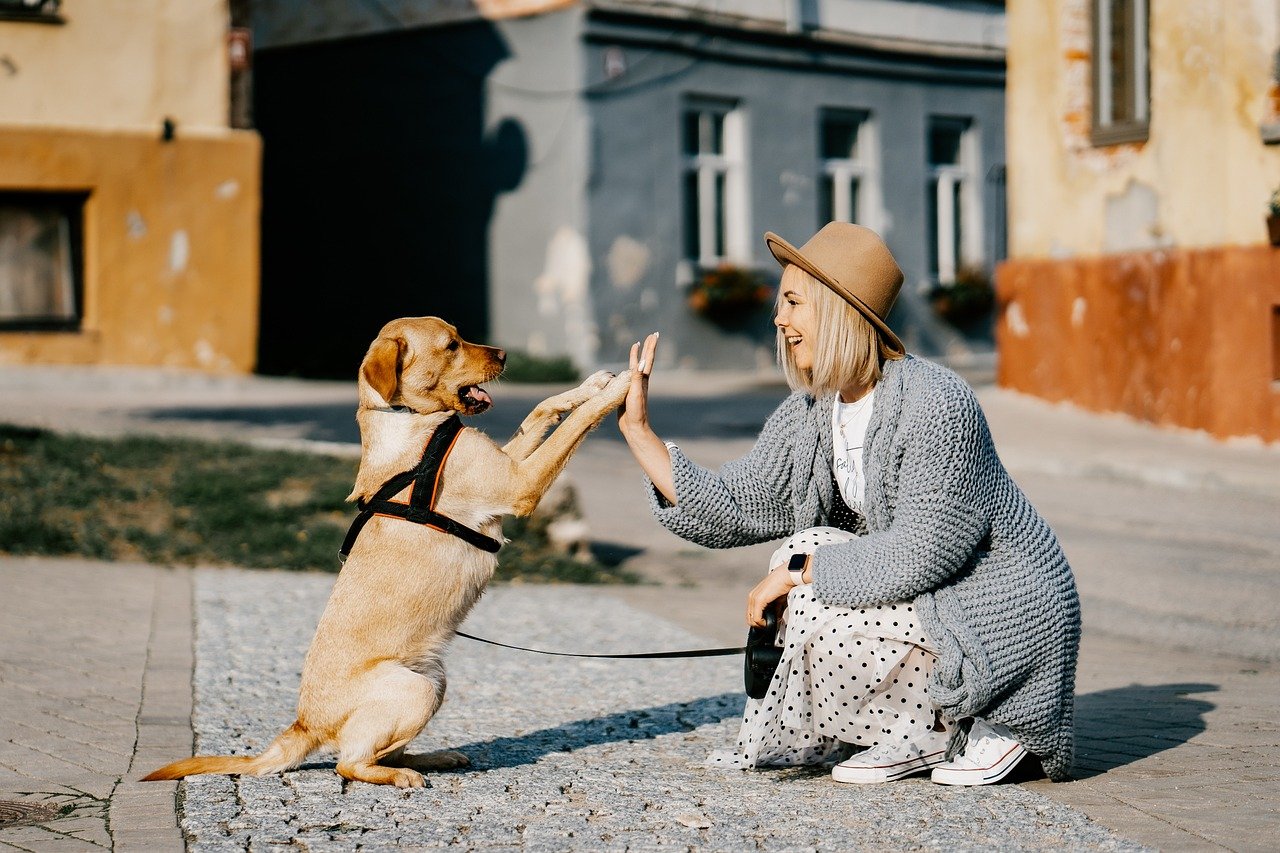Have you ever wondered just how much your dog actually knows about you? If you think they’re just waiting for their next treat or walk, think again. Dogs are emotional detectives with noses for details and hearts that beat right in sync with ours. They pick up on our habits, our moods, and even the little quirks we think no one notices. But here’s the twist: while we adore our furry friends, some of our human behaviors can actually drive them a bit bonkers! Let’s pull back the curtain and explore the fascinating world of what your dog really sees (and sometimes struggles with) when they look at you.
Your Mood Swings Don’t Go Unnoticed
Your dog is like an emotional barometer, tuned into your highs and lows in ways you may not expect. If you’re having a bad day, feeling anxious, or bubbling over with joy, your dog picks up on every emotional shift. Sometimes it’s the change in your voice, the way you walk, or just the vibe you’re giving off. Dogs sense these shifts and often react by getting closer, looking concerned, or even acting out to get your attention.
They have an uncanny ability to mirror your mood. If you’re happy, they might wag their tails a little faster or bounce around with excitement. If you’re down, you might notice them curling up beside you, offering silent support. It’s not magic—just a deep, instinctive connection. Dogs are social animals who’ve evolved to read our emotions in order to live harmoniously with us.
How You Smell Says More Than You Think

To your dog, your scent is your personal signature. Dogs experience the world through their noses, and they can pick up subtle changes in your scent that you’d never notice. Did you know that dogs can even tell when you’re sick, anxious, or pregnant just by sniffing you? They’re like little four-legged detectives, decoding your body chemistry with every nuzzle.
Your scent changes depending on your mood, what you’ve eaten, or how you’re feeling. So, when you come home after a stressful day, your dog knows—even before you say a word. It’s one of the sweetest reasons why your dog greets you at the door so enthusiastically: they recognize you, and they’re happy you’re back in their world, no matter what.
Your Daily Habits Are Under Constant Surveillance

Dogs are creatures of habit, just like us, and they notice patterns fast. If you grab your keys, put on certain shoes, or make coffee at a specific time, your dog remembers. They learn to associate these rituals with what comes next—maybe a walk, a meal, or even just a cuddle session on the couch.
They thrive on routine, and the smallest change can throw them off. If you start working late or skip your nightly walk, your dog will notice and may become restless or anxious. This keen sense of observation is part of what makes them such faithful companions—they’re always watching, waiting, and hoping to be part of your daily life.
When You’re Distracted, They Feel It

We all get busy and sometimes our attention drifts—maybe you’re glued to your phone or lost in thought. Your dog sees this, and they know when you’re not fully present with them. It’s like having a friend who’s always half-listening; dogs can sense when your focus is elsewhere.
They often respond by trying to get your attention—pawing at you, making noise, or even acting out a little. It’s their way of saying, “Hey, I’m here. Remember me?” Being present, even for just a few minutes, makes your dog feel loved and secure. And honestly, it probably does you some good, too.
Your Energy Levels Influence Their Behavior
Ever notice how your dog seems extra bouncy when you’re full of energy, or more subdued when you’re tired? That’s no coincidence. Dogs pick up on your energy levels and often match them, adjusting their behavior accordingly. If you’re gearing up for a run, your dog is likely already bouncing at the door, ready to join.
On the flip side, if you’re dragging your feet, your dog might become more laid-back or even a bit clingy. They’re emotional sponges, soaking up whatever you’re putting out. This is why exercising and playing with your dog isn’t just good for them—it’s a chance for you both to get energized and bond in a positive way.
Your Tone of Voice Speaks Volumes

Dogs don’t need to understand every word you say—they’re masters at reading your tone. A gentle, happy voice makes them wag with delight, while a sharp or angry tone can make them cower or hide. Even if you’re not mad at them, your dog will react to the emotional charge in your voice.
That’s why it’s important to use positive, encouraging tones when training or interacting with your dog. They respond best to warmth and love. If you ever doubt it, just try saying their name in a cheerful voice and watch their eyes light up. Your words matter, but your tone matters even more.
Your Physical Health Doesn’t Go Unnoticed
Dogs can be surprisingly sensitive to changes in your health. They may notice if you’re limping, moving slowly, or even if your breathing sounds different. Some dogs have even been known to alert their owners to medical emergencies, like seizures or low blood sugar.
They notice when you’re not feeling your best, often responding with extra affection or concern. It’s almost as if they’re trying to tell you, “I’m here for you.” This special awareness is part of what makes dogs such incredible companions, especially for people dealing with illness or stress.
When You’re Gone, They Miss You Deeply

Leaving the house might feel like a routine part of your day, but for your dog, it’s a big deal. They notice every cue that signals you’re about to leave—grabbing your bag, putting on shoes, or jingling your keys. The moment you walk out the door, they’re already waiting for you to come back.
Dogs can feel separation anxiety, especially if they’re deeply attached to you. Some will wait by the door, others might whine or pace. It’s a testament to the bond you share; your absence creates a hole in their world. Coming home is always a moment of pure joy for them—no matter how long you’ve been gone.
Sudden Changes in Your Routine Can Confuse Them
Dogs are creatures of habit, and they find comfort in predictable routines. If you suddenly start working late, change your wake-up time, or skip their usual walk, your dog will notice. These changes can leave them feeling confused or even anxious, as they try to figure out what’s going on.
It’s not just about walks or meals—dogs pick up on everything from changes in your work schedule to new people coming and going. They rely on routine to feel safe, so shaking things up can make them uneasy. It’s always a good idea to ease them into new habits slowly, so they have time to adjust.
Inconsistent Discipline
Dogs crave clarity. When your expectations change from one day to the next, it’s like trying to read a book with missing pages. One day they’re allowed on the couch, the next day they’re scolded for it. This inconsistency can leave your dog confused and anxious, never knowing what’s okay and what isn’t.
Clear, consistent rules help your dog feel secure. If you’re wishy-washy with discipline, they can become stressed, which sometimes leads to unwanted behaviors like chewing or barking. Think of it as teaching a child—consistency is kindness, even if it feels strict sometimes.
Loud Noises and Sudden Movements
Dogs have sensitive ears, and sudden loud noises or unexpected movements can be deeply unsettling for them. Slamming doors, shouting, or even a dropped pan can send them running for cover. They don’t always understand that these noises aren’t threats—they just know they’re startling.
If you notice your dog flinching or hiding during loud moments, it’s a sign they’re feeling bothered or even scared. Creating a calm environment and being mindful of your movements can help your dog feel more at ease. It’s a small change that makes a big difference in their comfort.
Ignoring Them for Devices
We live in a world glued to screens, but your dog doesn’t understand why your phone or laptop gets more attention than they do. When you’re absorbed in technology, your dog may feel ignored and even hurt. They crave your attention and presence, not just physically but emotionally.
If you find your dog pawing at you or bringing you toys while you’re staring at a screen, that’s their gentle way of asking for some real connection. Setting aside device-free time each day strengthens your bond and reassures your dog that they matter most to you.
Leaving Them Alone for Too Long
Dogs are social animals, and being left alone for long stretches can make them lonely, bored, or even anxious. They don’t have a concept of time like we do, so every minute apart can feel like forever. Some dogs cope by sleeping, others by getting into mischief—chewing, barking, or pacing.
If you’re away from home often, your dog might start to act out or seem depressed. Arranging for a dog walker, daycare, or simply spending more quality time together when you’re home can make a world of difference. Remember, for your dog, you’re their whole world.
Your dog may not speak your language, but they’re fluent in you. From your tone of voice to your daily moods, they pick up on far more than we often realize—and they care deeply about what they observe. But just as they notice the good, they’re also sensitive to behaviors that can confuse or unsettle them. By being mindful of how our actions, routines, and even stress levels affect our dogs, we can build a deeper, more respectful bond. In the end, it’s not just about what your dog sees in you—it’s about what kind of human you choose to be for them.

Esther is from India; the heartbeat of South Asia, holding a Master’s degree in Zoology and a postgraduate diploma in Animal Welfare. Her enthusiasm for animal welfare drives her passion and dedication to working for animals, ensuring their well-being, and advocating for their rights. With a solid academic background and hands-on experience, she is committed to making a positive impact in the field of animal welfare. In her free time, she enjoys embroidery and sewing. As a Chennaite from Tamil Nadu, Esther loves Bharathanatyam, an Indian classical dance form.






